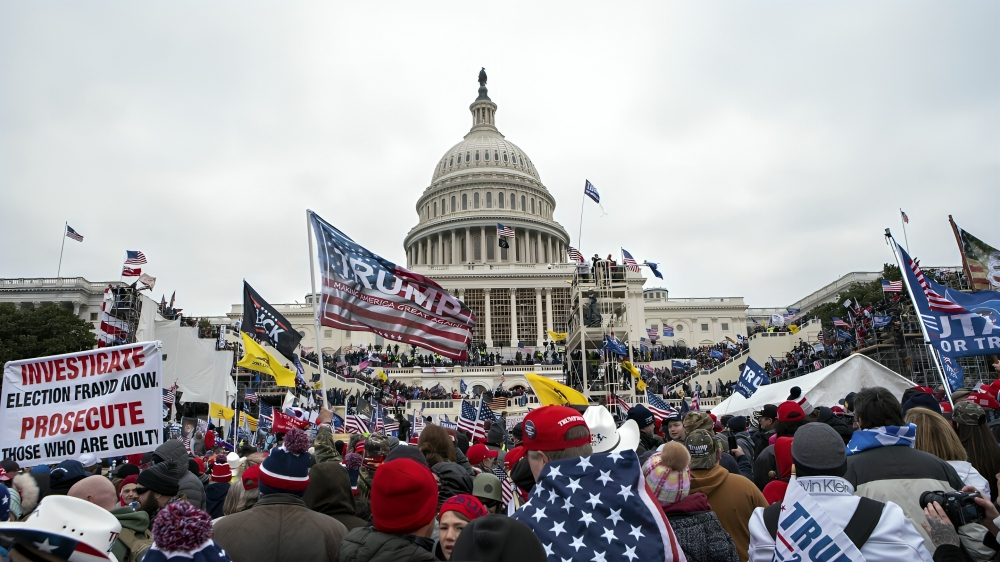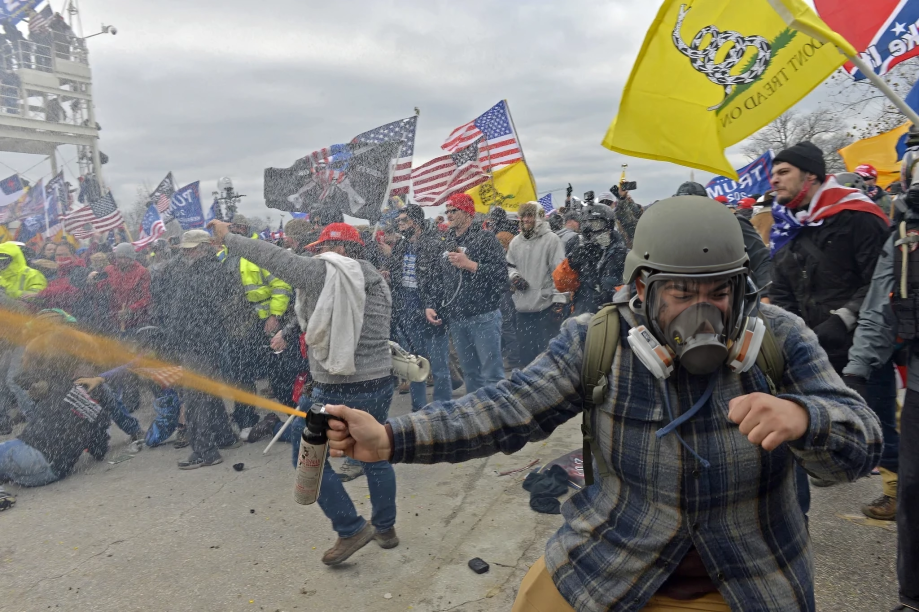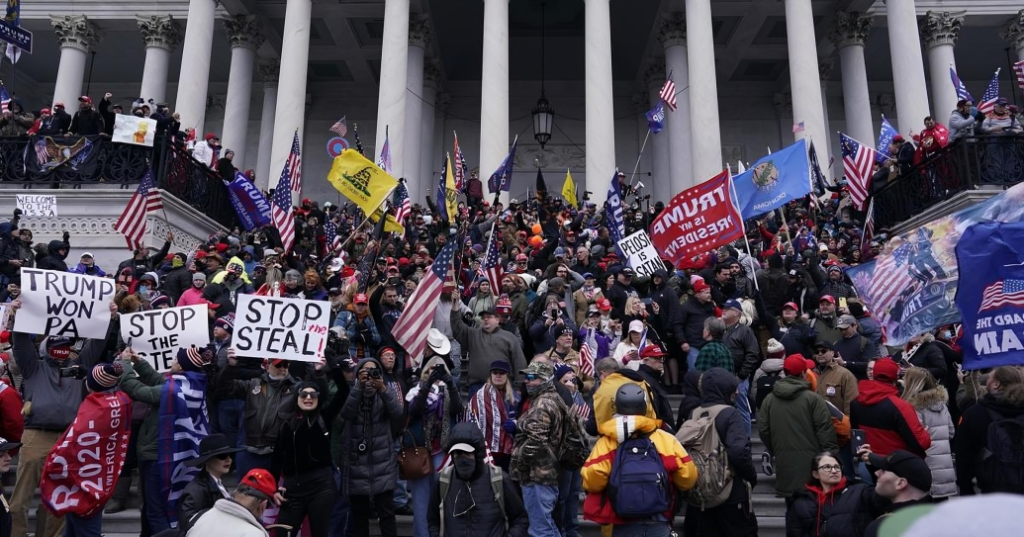
A recent report from the Justice Department’s Inspector General Michael Horowitz highlights problems with how the FBI managed its informants during the events of January 6, 2021. The findings reveal gaps in intelligence-sharing and oversight, raising concerns about the Bureau’s preparedness on that day.

Horowitz’s investigation found that 26 confidential human sources (CHS) were present at the U.S. Capitol on January 6, far more than the three officially assigned to monitor the situation.
- Four informants entered the Capitol building.
- Thirteen were in restricted areas outside the Capitol.
- Nine stayed in non-restricted areas and did not engage in illegal activity.
None of these informants were authorized by the FBI to commit or encourage unlawful acts, and no evidence shows they played leadership roles or incited violence.

The report also points to critical failures in intelligence collection and communication before and during January 6:
- No thorough intelligence checks were conducted across FBI field offices before the event.
- Some offices received warnings, such as plans to “storm the building,” but did not effectively share this information with the Washington Field Office or other agencies.
- While the FBI created detailed intelligence reports for the January 20 inauguration, it did not prepare similar plans for January 6.
FBI Deputy Director Paul Abbate admitted that the failure to gather information from field offices was a “basic step that was missed.”
The FBI told Congress it took steps to prepare for January 6, but the report shows its response was mostly reactive and lacked coordination. This gap in preparation highlights weaknesses in managing and sharing intelligence.
While critics say the FBI’s failings contributed to the chaos, others point out the lack of evidence linking FBI informants to illegal activities.

Recommendations for Change
To address these issues, the report suggests:
- Mandatory pre-event intelligence checks across all field offices.
- Better guidelines for managing and sharing intelligence.
- Stronger oversight of intelligence operations.
The findings emphasize the importance of proactive planning and coordination in managing major national events.
